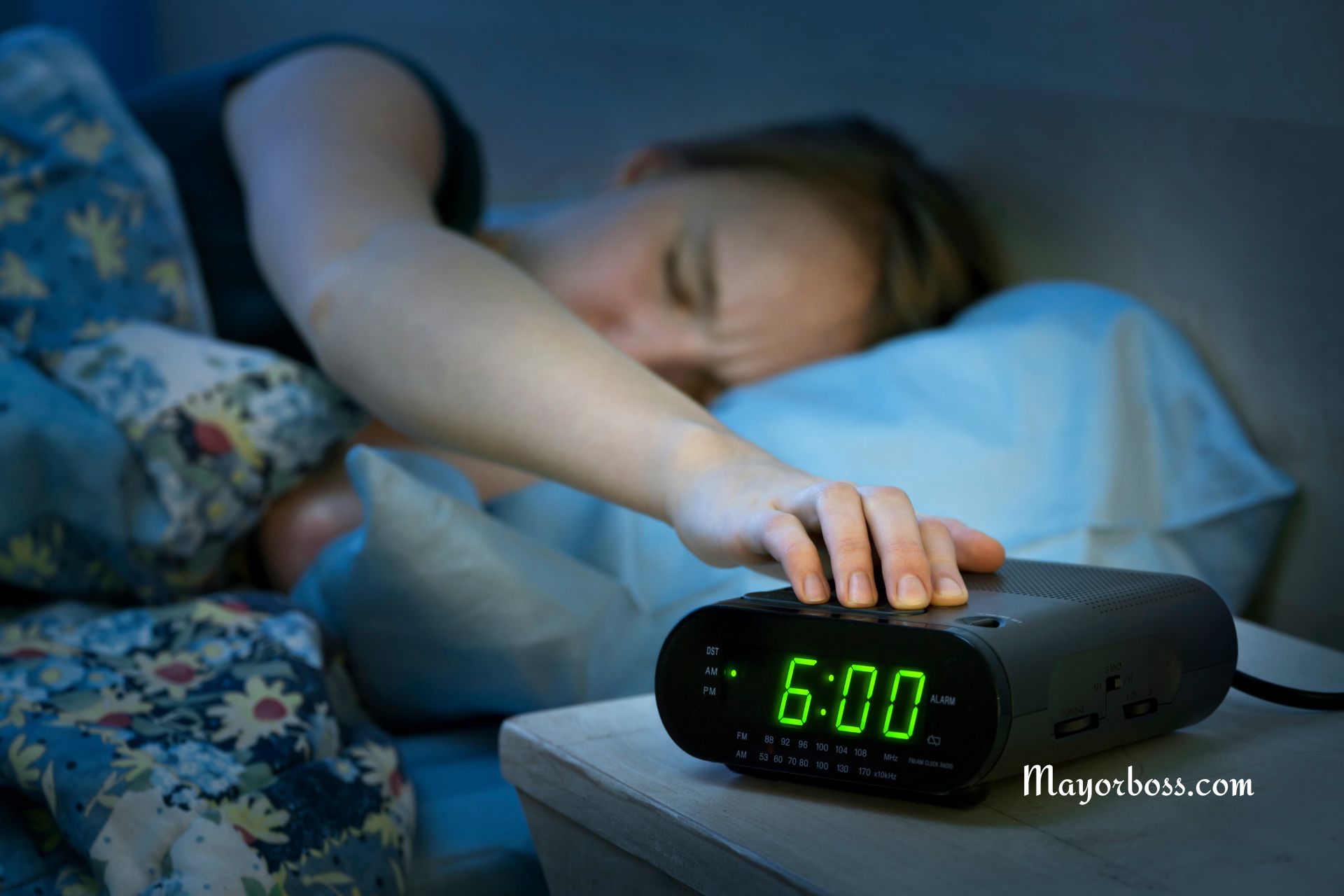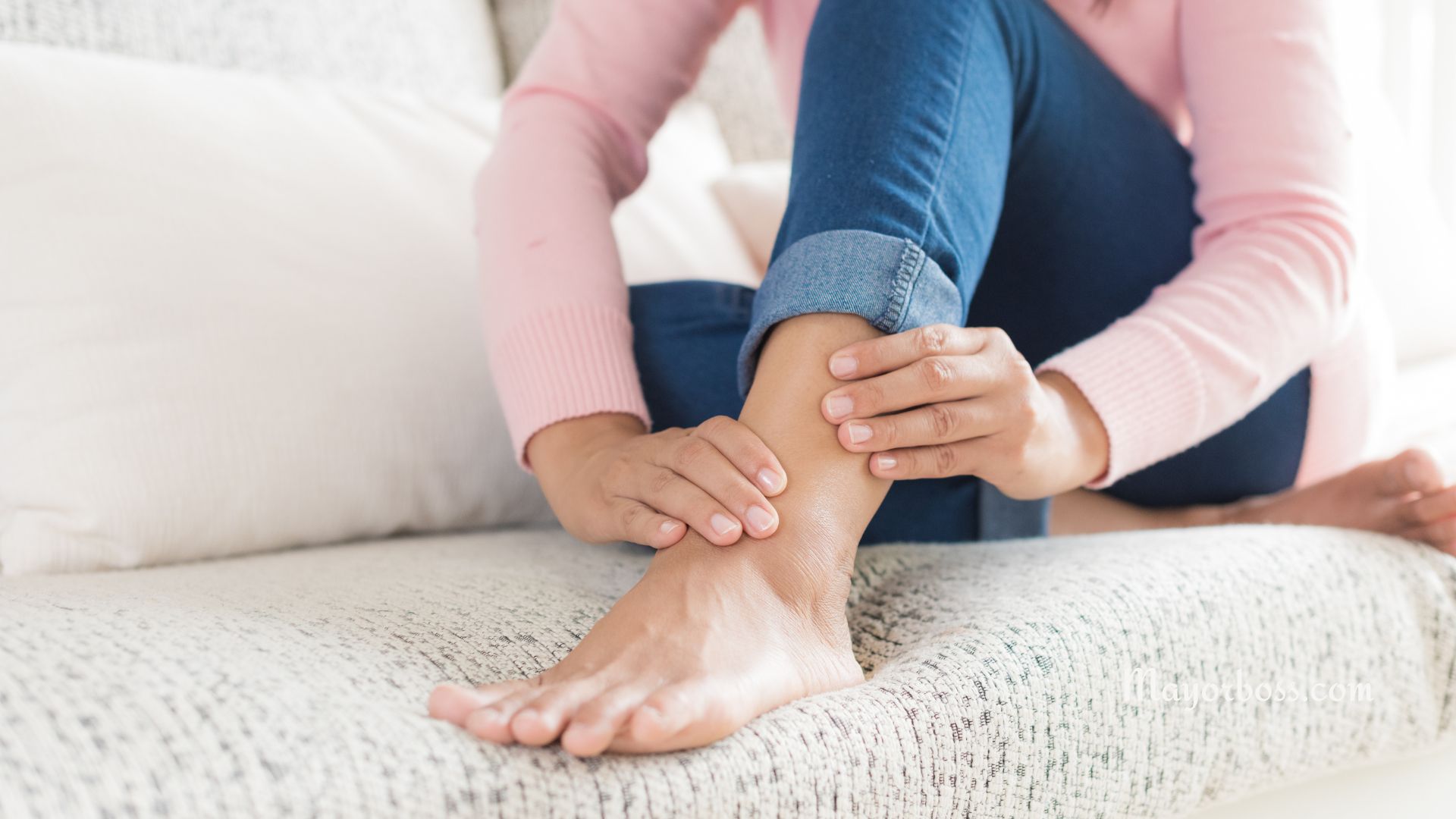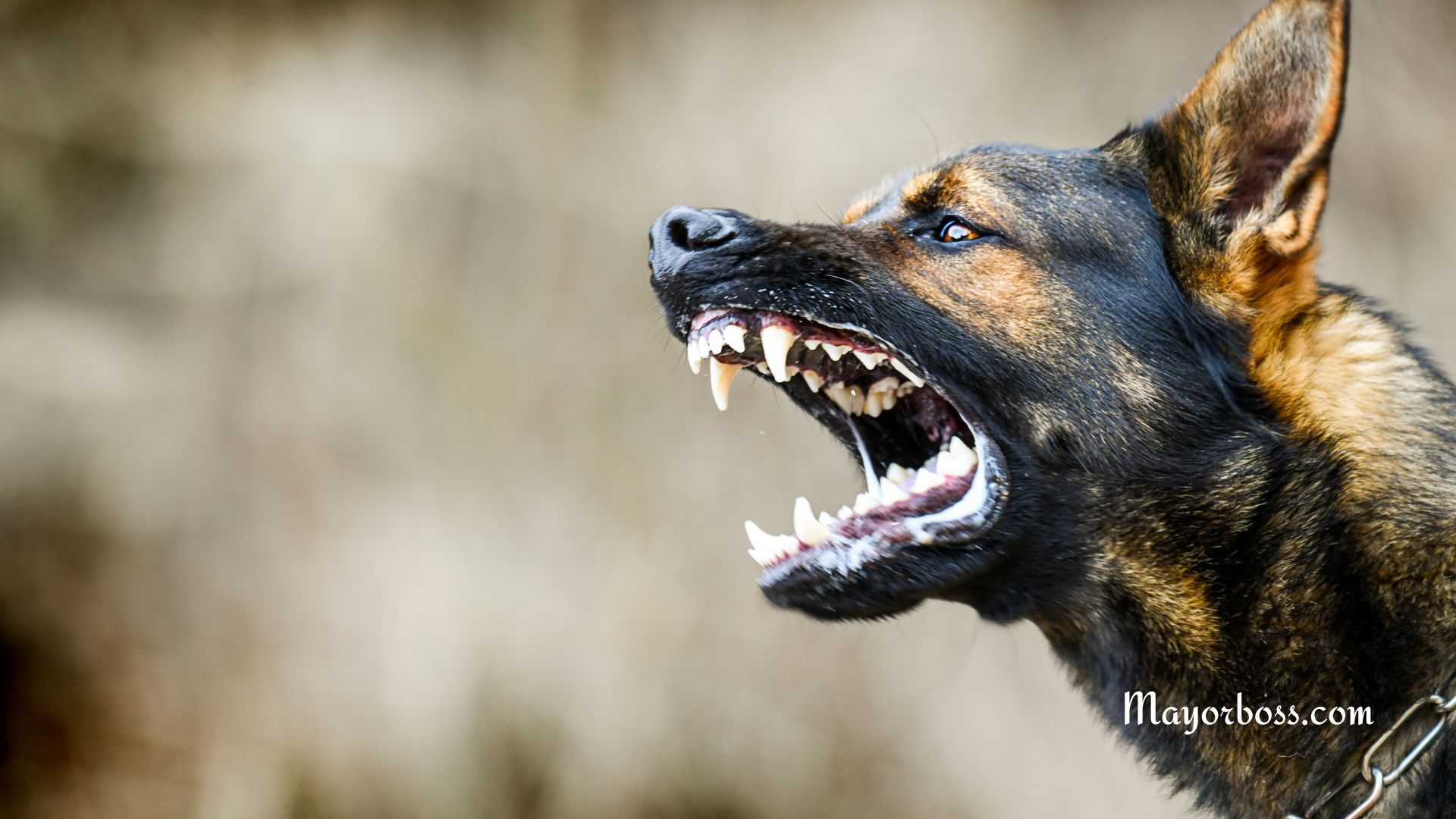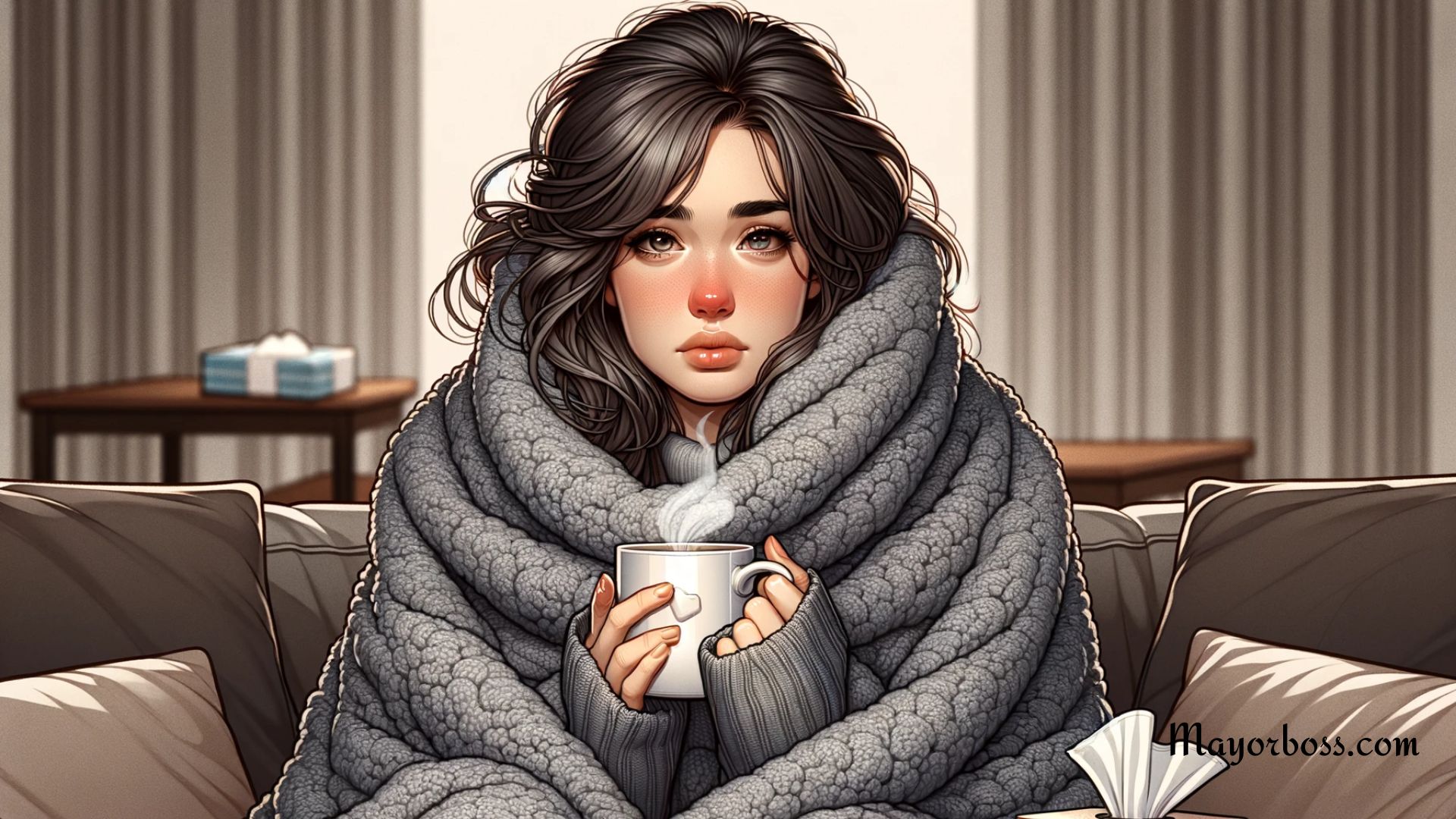6 Signs You’re Not Getting Enough Vitamin D
As you may already know, vitamin D is an essential nutrient for maintaining healthy bones and muscles, supporting the immune system, and regulating mood. Unfortunately, many people do not get enough vitamin D, which can lead to various health problems. According to the National Institutes of Health, basically, 1 in 4 Americans are vitamin D deficient. So, if you’re wondering whether or not your body is getting enough vitamin D, here are a few signs to look out for:
1. You Have Bone Pain
Vitamin D helps your body use calcium to build strong bones. Hence, a lack of vitamin D can lead to bone pain. If you’re experiencing these symptoms, it’s important to talk to your doctor.
2. You Feel Tired and Weak
Fatigue and weakness can be signs of a vitamin D deficiency, as this nutrient is involved in energy production. When your body doesn’t have enough vitamin D, it can lead to muscle weakness, chronic fatigue, and a general feeling of malaise. Thus, if you’re consistently getting enough sleep, eating a balanced diet, and staying hydrated, but you still feel exhausted, it might be time to check your vitamin D levels.
3. You Have Depression or Anxiety
Most people call Vitamin D the “sunshine vitamin” because your body produces it in response to sunlight. Low levels of vitamin D have been linked to depression and anxiety, as well as other mood disorders. Researchers believe that vitamin D plays a role in serotonin production, a neurotransmitter that regulates mood.
4. You Get Sick Often
Vitamin D helps support the immune system, so if you’re not getting enough, you may be more prone to infections and illnesses. Multiple studies have found that vitamin D can help reduce the risk of respiratory infections, such as the common cold and flu.
5. You Experience Hair Loss
Although not a common symptom, hair loss can be a sign of vitamin D deficiency. Some research suggests that low levels of vitamin D may contribute to hair loss by affecting the hair follicles.
6. Slow Healing of Wounds
Have you noticed that cuts or bruises take longer to heal than they used to? That could be because your body doesn’t have enough vitamin D. This vitamin is vital for healing, and when you don’t have enough, your body might take longer to recover from injuries.
If you’re experiencing any of these signs, it’s essential to talk to your doctor. A simple blood test can determine whether you have a vitamin D deficiency. If you do, your doctor may recommend supplements or other treatments to help boost your vitamin D levels.
What food is rich in vitamin D?
There are several foods that are rich in vitamin D. Some of the best sources include:
- Fatty fish: Fish like salmon, mackerel, sardines, and trout are great sources of vitamin D. A serving of cooked salmon, for example, can provide almost all of the daily recommended amount for most people.
- Cod liver oil: Although it’s not exactly a food, cod liver oil is very high in vitamin D. Just one teaspoon can provide more than the daily recommended amount.
- Fortified foods: Many foods are fortified with vitamin D, which means the vitamin is added to them during processing. These can include milk, orange juice, yogurt, and some types of cereal. Check the labels to see if a food has added vitamin D.
- Egg yolks: One egg yolk contains a small amount of vitamin D, so eating eggs can help you get more of this important vitamin.
- Beef liver: While it might not be a popular choice, beef liver is a good source of vitamin D. A serving of cooked beef liver can provide about a quarter of the daily recommended amount.
- Cheese: Some types of cheese, like Swiss and cheddar, contain small amounts of vitamin D. Including cheese in your diet can help you get more vitamin D, but keep in mind that cheese can also be high in calories and fat.
- Mushrooms: Some types of mushrooms, especially those grown under ultraviolet (UV) light, can contain vitamin D. Look for mushrooms labeled as “UV-treated” or “high in vitamin D.”
Keep in mind that it can be difficult to get all the vitamin D you need from food alone. Spending time in the sun and taking a vitamin D supplement, if recommended by your doctor, can help ensure you get enough of this essential nutrient.






